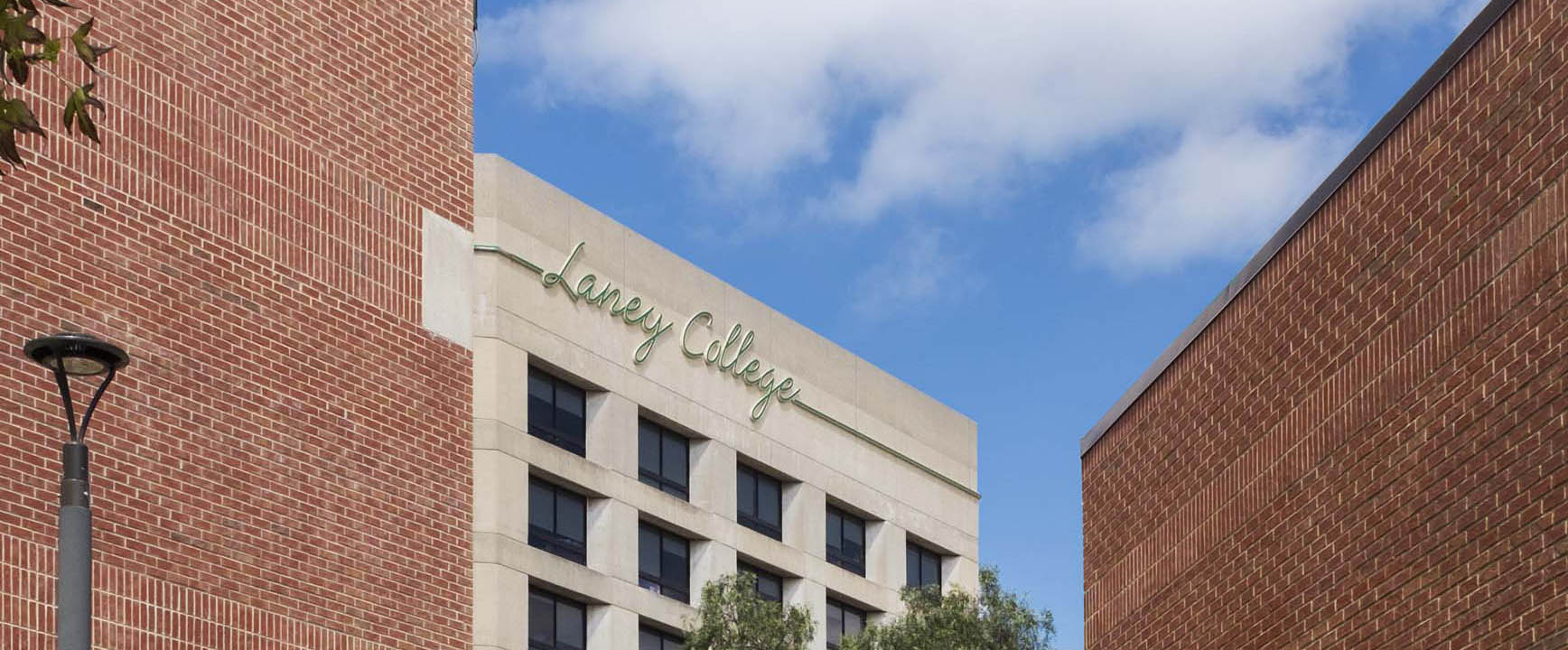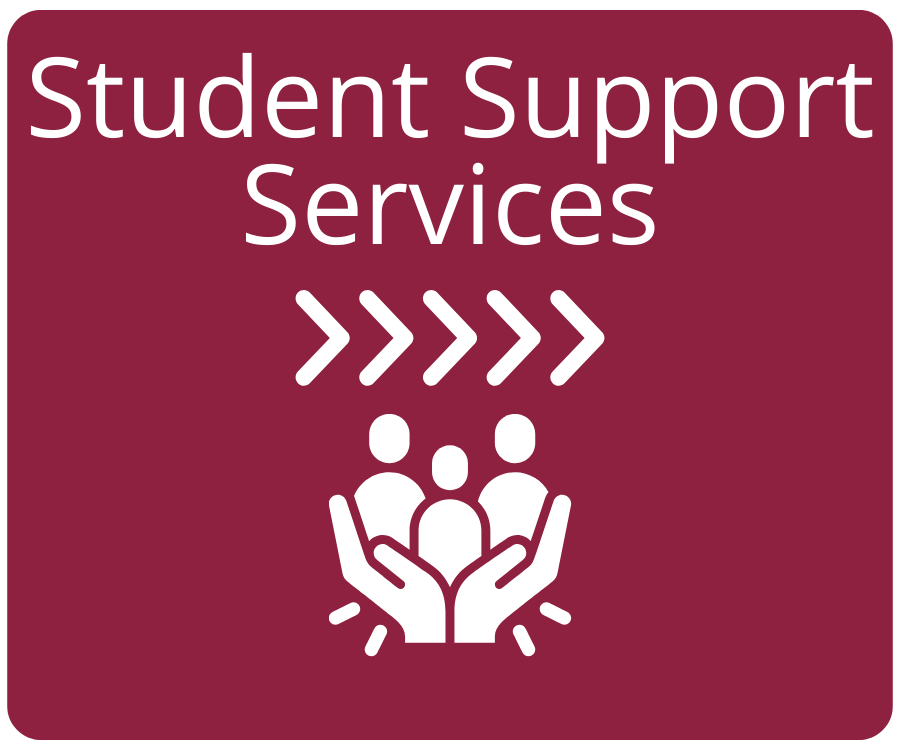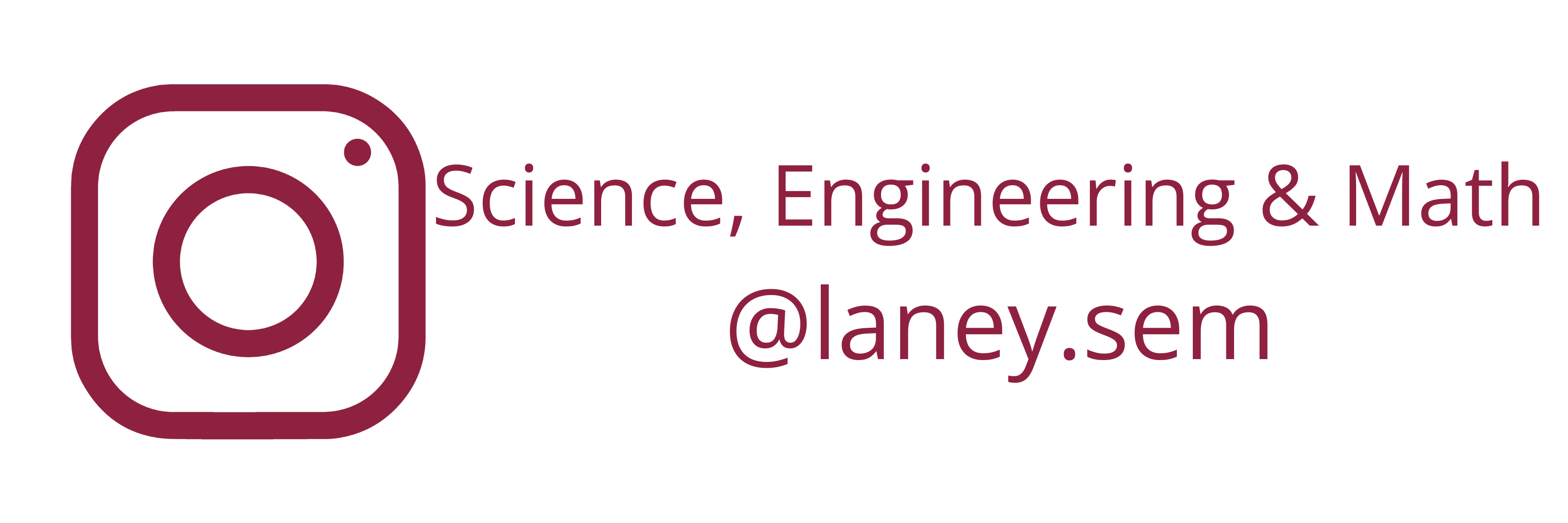Laney College Biology Collective Code of Conduct
To strive for equity, our department runs by Consensus Structure with feedback from everyone. Click here for our BIOL consensus structure 10.2021
Community Agreements
- Make Space/Take Space
- Consider the impact of our actions/words
- Confidentiality (be clear if the conversation is confidential)
- Treat each other with respect (listen and respond with honor)
- Respect the “talking piece” in meetings
- We will try to consider intent in the actions/words of others
To us, this means, the Laney Biology Collective is a supportive, safe, welcoming environment for all, regardless of basis of age, race, religion, color, gender identity, gender expression, sexual orientation, ancestry, citizenship, national origin, military or veteran status, disability, marital status, pregnancy, medical condition, and immigration status
- Please be kind and courteous to each other. No personal attacks; direct strong emotions at ideas, not individuals. There’s no need to be mean or rude.
- Debate is encouraged and part of how we develop. Be respectful, use healthy forms of discourse, and be open to new ideas. This is a science – we test, investigate and reassess
- Respect that people have differences of opinion and that every decision carries a trade-off and numerous costs. There are frequently multiple right answers.
Who should I talk to?
In most departments, you would go to a chair with forms to sign, course updating questions or concerns about a class. For us, we have area leads:
| Courses | Faculty | |
| 1A/1B (10, 70 back-up) | Leslie Blackie | lblackie@peralta.edu |
| 2,4 (20A/B, 24 back-up) | Rebecca Bailey | rbailey@peralta.edu |
| 3 | Rajeev Banerjee | rbanerjee@peralta.edu |
| 10/11 (1A/1B back-up) | Amy Bohorquez | abohorquez@peralta.edu |
| 70 series, 28 | Doug Bruce | dbruce@peralta.edu |
| 20A/B, 24, 28 | Laurie Allen-Requa | lallenrequa@peralta.edu |
Some information that helped us with formulating our structure and continue to learn:
Emergent Strategy: Shaping Change, Changing Worlds by adrienne maree brown
Do Better: Spiritual Activism for Fighting and Healing from White Supremacy by Rachel Ricketts
Feminist Accountability by Anne Russo
Readings for Diversity and Social Justice. Ed. by Adams, Blumenfeld, et al.
Culturally Responsive Teaching and the Brain by Zaretta Hammond
Decolonizing Methodology by Dr. Linda Tuhiwai Smith
The Deepest Well by Nadine Burke Harris, MD
White Fragility by Robin Diangelo
Pedagogy of the Oppressed by Paulo Freire
Overview of some of the works of bell hooks
We are also fans of April Thames, PhD who studies the physiological impact of racism and bias
Dimensionalizing Culture Hofstede Model in Context is a good resource that discusses collectivist versus individualist thinking
This essay addresses practices that perpetuate White Supremacy Culture and suggestions for antidotes!
Here is a great article we also reference on our homepage: Can Biology Class Reduce Racism?
From the SEAS research program Gyasi Alexander created and produced a podcast called Hidden Curriculum. Podcast written for first generation students, and other stakeholders seeking to understand and support them. Catch all six episodes at https://anchor.fm/hiddencurriculum.







